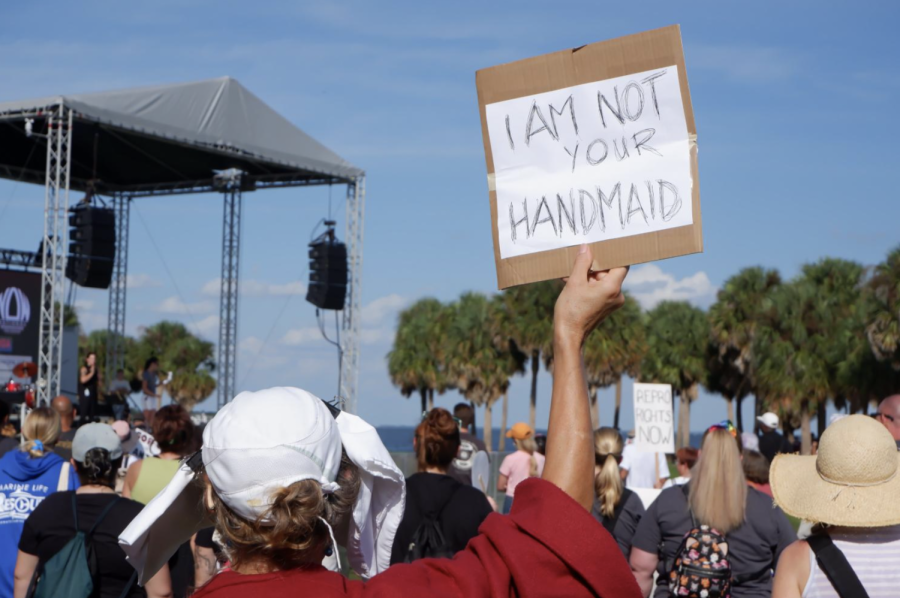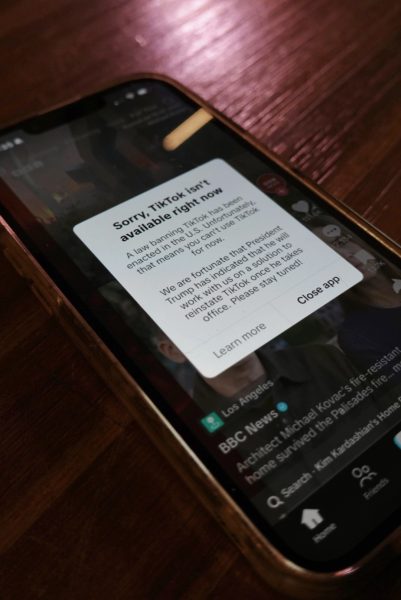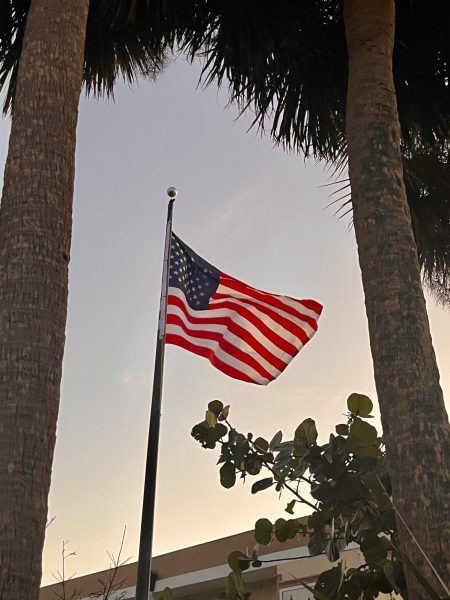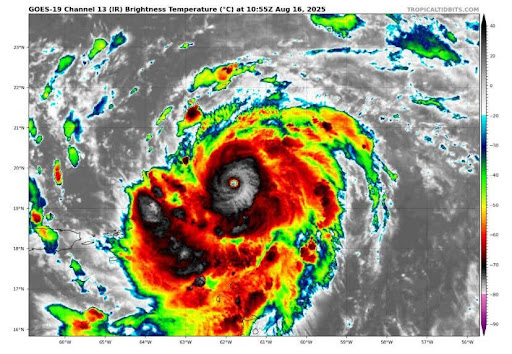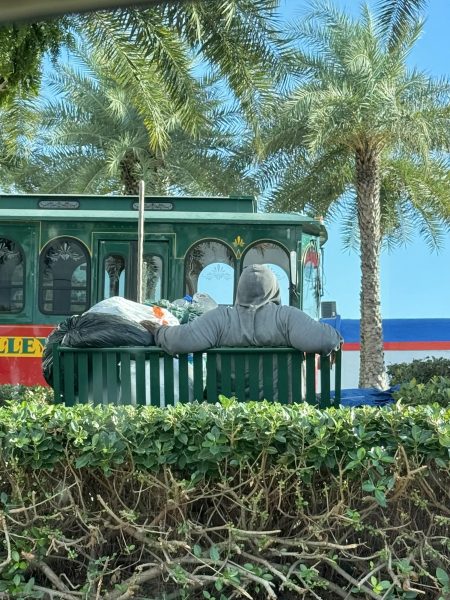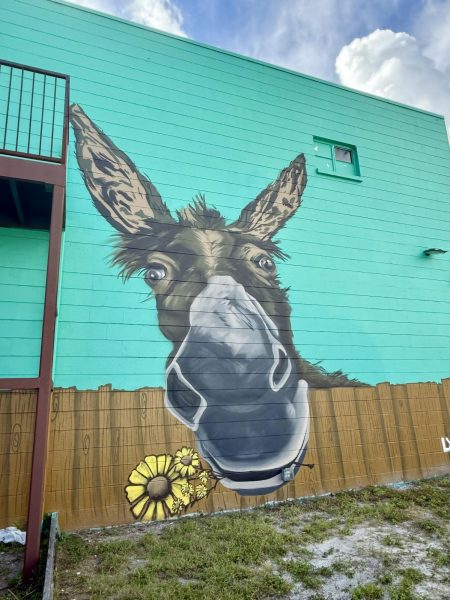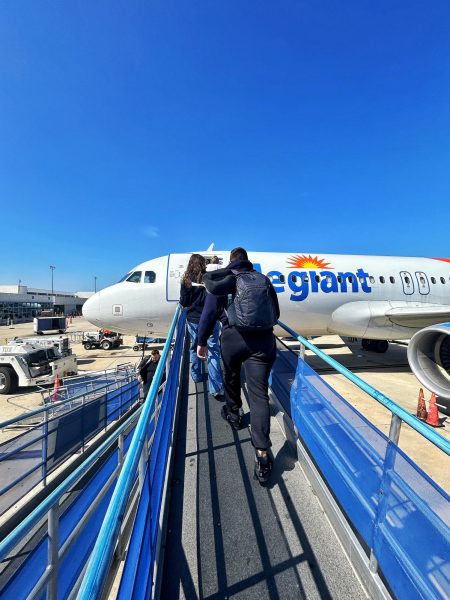Navigating a post-Roe democracy
A photo taken at a local women’s rights march in St. Petersburg, FL.
Over the summer, I attended a journalism camp at Boston University. I wrote for the Boston Terrier, attended press conferences with the mayor, and interviewed Bostonians regarding recent laws and rulings. For the final assignment, I interviewed an OB-GYN from one of the best women’s hospitals in the Boston area. A paragraph has been added to convey the local consequences of the overruling of Roe V. Wade.
Adjusting to this post-Roe age has created an era of uncertainty for people all over the nation — even gynecologists.
Dr. Andrea Jaresova, an OB-GYN in the Boston area, first found out about the overturning of Roe v. Wade on Instagram. She said her first thought was: “I’m not going to cry.”
“I’m not surprised, but disappointed,” she said. ‘I feel an overwhelming fear for women in affected states.”
Jaresova said she feels “lucky” practicing in Massachusetts because abortion is legal. She said she’s already seen an increase in patients traveling to Boston from states with banned or restricted abortion access.
While abortion practices in Massachusetts will remain legal, total bans are present in conservative states and partial bans are prevalent in many others. Florida, surrounded by a Bible Belt of conservatism, is known as a “haven state,” a place that people from all over the southeast will flock to for abortion access, although the future of such a haven is uncertain.
Restricting access creates a surplus of patients in states with protected abortion access. The closing of abortion clinics also might reduce jobs in states with restricted or banned abortion, according to Forbes.
Forbes also reported that the pay gap and unpaid maternity leave would also likely lead to women who can’t afford childcare leaving the workforce and becoming stay-at-home parents, further affecting the economy.
Jaresova said the overturning of Roe V. Wade could further deepen racial inequity and the class gap.
According to a study conducted by the Guttmacher Institute, 75% of abortion patients were low-income and 53% of patients paid for their abortion out of pocket. Jaresova said traveling out of state to receive a safe abortion will become an option only available to women with the means for traveling, once again widening the class gap.
Researchers from the National Institutes of Health (NIH) found that pregnancy or childbirth-related deaths were 3.5 times higher among Black women than white women. Jarevosa said maternal mortality rates are so much higher for Black women, often because of racism and systemic issues.
Not only is access to abortion limited, but a study from NIH also said only about half of American teens receive contraceptive instruction from schools.
Jarevosa said there are many reasons for women to receive abortions and many reasons for someone to choose not to get one. But by restricting abortion access, politicians may be putting the lives of currently living women on the line for an unborn fetus.
Bostonian Marlyn Lopez said she feels like “we’re going back in time” and sexual violence could increase. She also noted that a man who raped a woman could serve less time in jail than a woman who received an illegal abortion.
Though Senate Democrats proposed legislation that would have protected the right to travel across state lines for abortions, the Republicans blocked the bill Thursday. Democrat efforts to codify abortion privileges by passing the Women’s Health Protection Act, also face an uphill battle.


